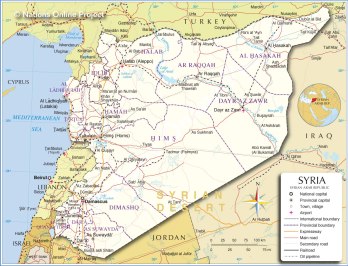
The international system is a complex and convoluted thing, and sets the framework against which States are measured for their effectiveness, righteousness, or other measures that could serve as proxies for legitimacy: transparency, robustness, even happiness, or goodness. According to these indices, Ireland performs reasonably well – very well actually. It is the seventh most ‘unfragile’ country in the world; the eleventh most ‘good’; the 18th most transparent; and the 19th happiest. Most of these indices combine different metrics such as GDP, social metrics like unemployment, education rates, and so on, which tend to mean that Ireland – and other countries – won’t deviate too much from one ranking to the next. So Ireland performs well as a country. However, the combination of the EU Crisis, Brexit, and Trump’s America seem to represent a trifecta of bad things over which Ireland has little or no control, and could send the country hurtling down those indices. So if Ireland has so little control over these shaping factors, is Ireland in fact a legitimate country, a genuinely sovereign power?








